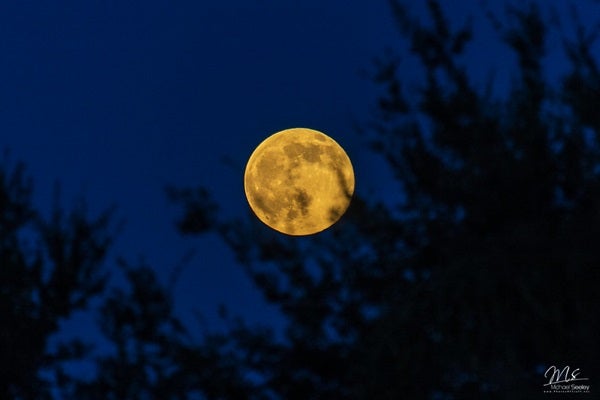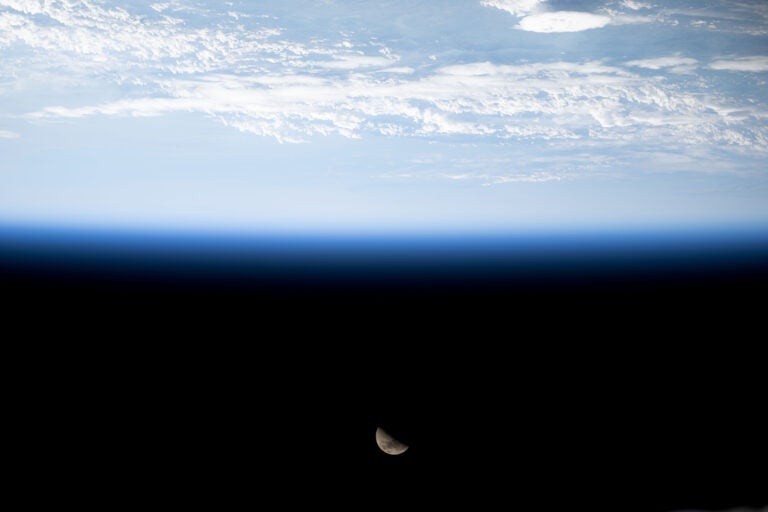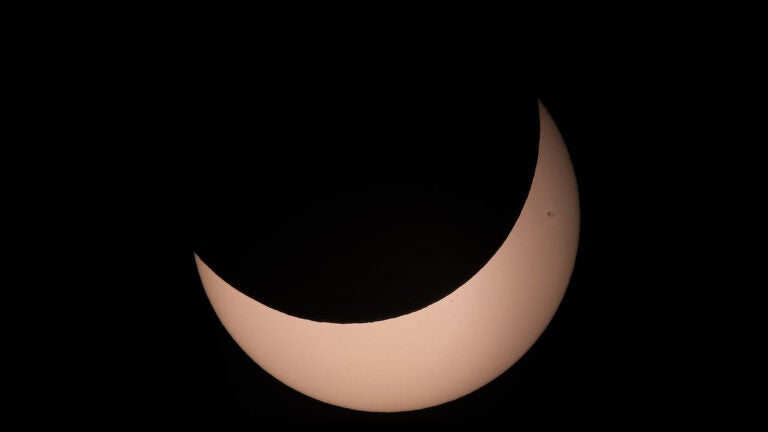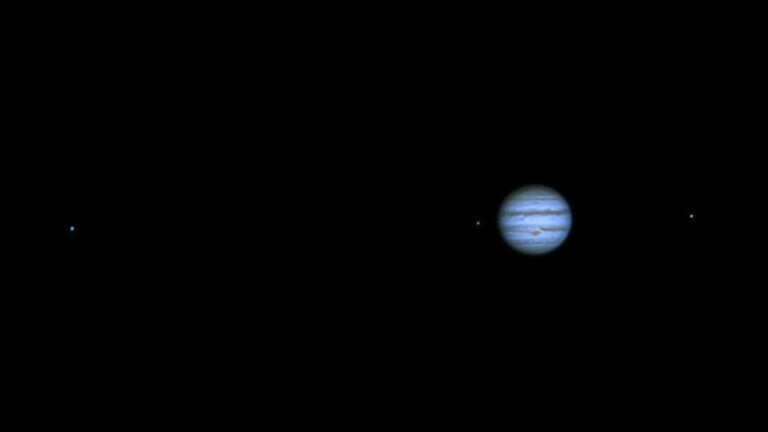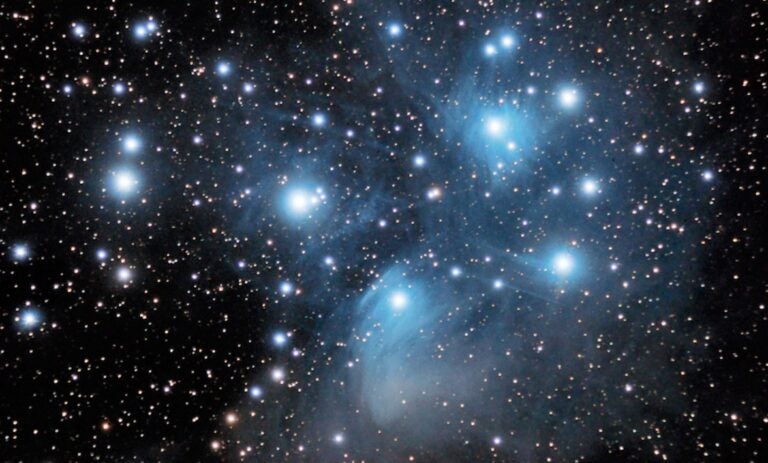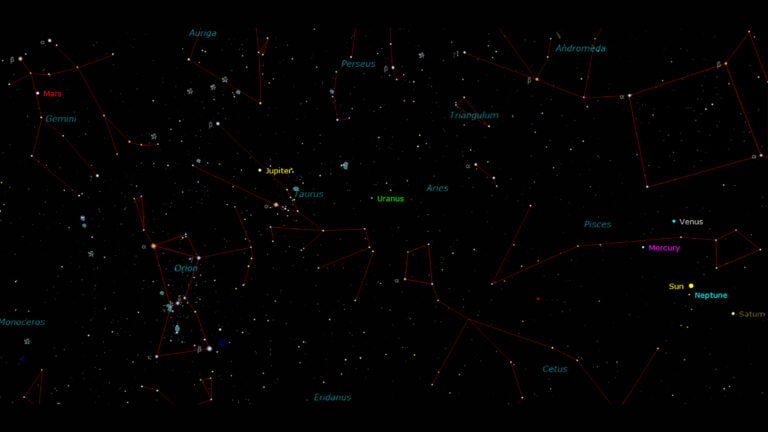
Noting the time that a predicted astronomical event will occur can be problematic. If I told you that a comet is predicted to impact Jupiter at 9:00 P.M. on May 1, you’d rightly ask, “9:00 P.M. where?” In a world ajumble with some two dozen time zones, we need a standard way to express the time of astronomical events.
To this end, astronomers use Universal Time, abbreviated UT. To avoid the confusion between A.M. and P.M. hours, UT utilizes a 24-hour “military time” clock, and it is based on the time at the 0° longitude meridian in Greenwich, England.
Astronomy magazine subscribers can read the full answer for free. Just make sure you’re registered with the website.


